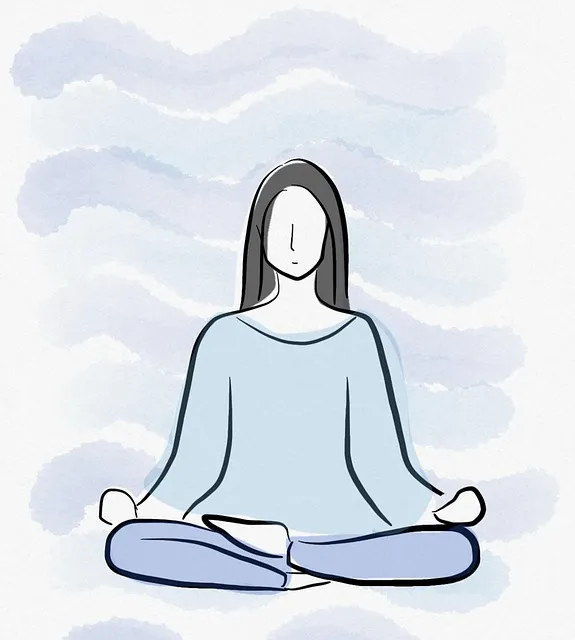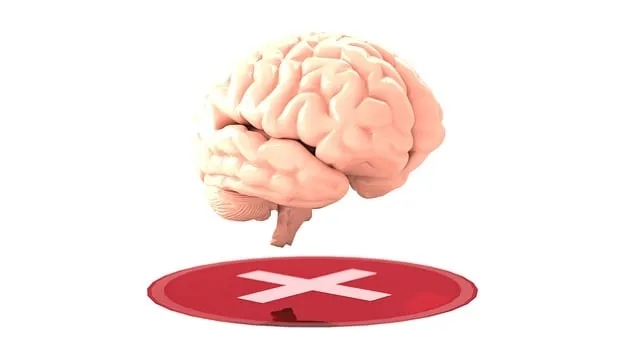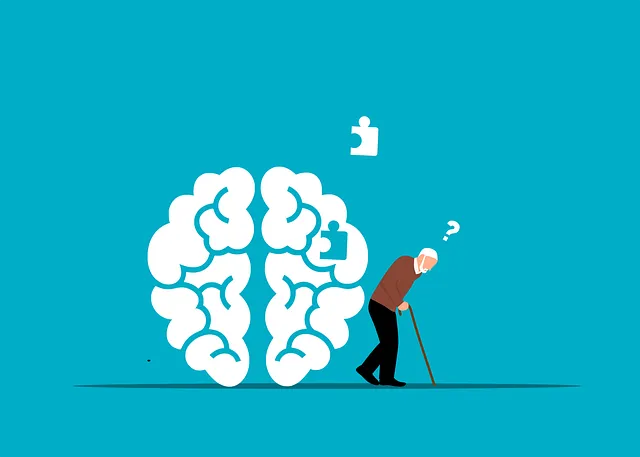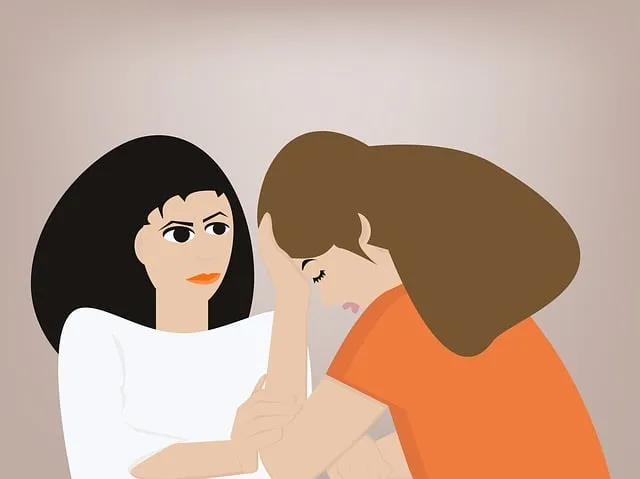Mental wellness groups facilitated by trained professionals at Kaiser Permanente Norcal Aurora offer a powerful tool for improving mental health. Through collaborative discussions, activities like Stress Reduction Methods, and structured yet flexible sessions, facilitators create safe spaces fostering emotional intelligence, coping skills, and resilience. This approach encourages peer support, active participation, and open dialogue, empowering individuals to manage stress and regulate emotions holistically, with immediate support available through the Kaiser Permanente mental health phone number Norcal Aurora provides.
Mental wellness group facilitation plays a pivotal role in fostering supportive environments that empower individuals. This article delves into the art and science of facilitating such groups, focusing on techniques that engage participants and promote healing. We explore Kaiser Permanente’s approach through Norcal Aurora, highlighting best practices for effective sessions. By understanding the facilitator’s role and employing evidence-based methods, we can create safe spaces that enhance mental health outcomes, accessible through the Kaiser Permanente mental health phone number.
- Understanding Mental Wellness Group Facilitation
- Role of a Facilitator in Supportive Environments
- Techniques for Engaging and Empowering Participants
- Incorporating Kaiser Permanente's Approach (Norcal Aurora)
- Best Practices for Effective Group Sessions
Understanding Mental Wellness Group Facilitation

Mental wellness group facilitation involves leading a diverse range of individuals through collaborative discussions and activities aimed at improving mental health. It’s an effective approach that fosters support, understanding, and growth within a peer-to-peer setting. Facilitators play a crucial role in creating a safe, non-judgmental environment where members can share experiences, learn from one another, and develop valuable coping skills.
At Aurora, part of Kaiser Permanente Norcal, mental health professionals utilize group facilitation techniques to enhance well-being. These sessions often incorporate Stress Reduction Methods, encourage Emotional Intelligence, and promote Coping Skills Development. By fostering open communication and active participation, facilitators guide groups towards better managing stress, improving emotional regulation, and cultivating resilience – all essential components of a holistic approach to mental wellness.
Role of a Facilitator in Supportive Environments

In facilitating mental wellness groups, the role of a facilitator is pivotal in creating supportive environments that foster healing and growth. A skilled facilitator at organizations like Kaiser Permanente Norcal Aurora acts as a guide, ensuring every participant feels heard, valued, and supported. They employ effective communication strategies, fostering open dialogue while maintaining confidentiality, to build trust within the group. By facilitating active participation, these facilitators encourage peer-to-peer support, where shared experiences can lead to powerful insights and coping mechanisms.
The facilitator’s expertise in burnout prevention strategies for healthcare providers is crucial, as they must manage their own well-being while guiding others. Through structured yet flexible sessions, they create a safe space that allows individuals to navigate challenges, explore mental wellness coaching programs development, and gain tools to enhance resilience. This supportive environment extends beyond the group, potentially inspiring participants to seek ongoing support through resources like the Kaiser Permanente mental health phone number Norcal Aurora offers.
Techniques for Engaging and Empowering Participants

Engaging and empowering participants is key to effective mental wellness group facilitation. One powerful technique is active listening, where facilitators show genuine interest in each participant’s experiences, fostering a safe space for open dialogue. This not only helps individuals feel heard but also encourages them to share their stories, leading to deeper connections and understanding within the group.
Additionally, incorporating interactive activities and exercises tailored to specific mental health themes can be highly beneficial. For instance, guiding sessions on self-care routine development for better mental health or trauma support services can empower participants with practical tools. These activities not only help individuals manage their symptoms but also foster a sense of agency, making them feel equipped to navigate challenges more effectively. Encouraging participation and collaboration among members further strengthens the supportive environment, ultimately enhancing the overall group experience and promoting anxiety relief for all involved.
Incorporating Kaiser Permanente's Approach (Norcal Aurora)

The Kaiser Permanente Norcal Aurora approach to mental wellness group facilitation focuses on creating a safe and supportive environment where individuals can connect, share their experiences, and learn from one another. This model emphasizes building empathy within the group, fostering a sense of community that encourages vulnerability and honest expression. Facilitators are trained in trauma-support services, enabling them to provide crisis intervention guidance tailored to each member’s unique needs. By integrating Empathy Building Strategies, participants not only enhance their understanding of others’ perspectives but also develop valuable coping mechanisms for managing stress and anxiety.
The Kaiser Permanente mental health phone number serves as a crucial resource, providing access to immediate support and directing individuals towards specialized services. This integrated approach ensures that group facilitation goes beyond mere discussion, offering practical tools and a network of care that members can rely on. Through combining these techniques, Norcal Aurora aims to promote mental wellness, enhance resilience, and ultimately empower individuals to lead healthier, more fulfilling lives.
Best Practices for Effective Group Sessions

Effective group facilitation requires a blend of structured activities and flexible adaptation to members’ needs, especially when addressing mental wellness. Facilitators should create a safe, non-judgmental environment where everyone feels heard and respected, much like the supportive spaces advocated by Kaiser Permanente mental health phone number Norcal Aurora. Encouraging open communication through active listening and thoughtful prompting fosters trust and engagement. Incorporate interactive exercises that promote self-awareness and resilience building, ensuring activities align with members’ diverse backgrounds and comfort levels.
Regularly assess group dynamics, using feedback mechanisms to adapt strategies. This dynamic approach, coupled with techniques from Mental Health Policy Analysis and Advocacy, can empower participants to share their experiences, challenge negative thought patterns, and develop coping mechanisms. Ultimately, facilitating productive discussions that enhance mental wellness requires a nuanced balance between guidance and autonomy, cultivating a sense of community within the group setting.
Mental wellness group facilitation is a powerful tool for fostering community and empowerment. By adopting techniques that encourage active participation, create supportive environments, and incorporate evidence-based practices like those from Norcal Aurora (Kaiser Permanente’s mental health initiative), facilitators can significantly enhance the effectiveness of group sessions. Remember that reaching out for help is a sign of strength, and resources like the Kaiser Permanente mental health phone number can provide valuable support. Through diligent application of these facilitation techniques, we can create safe spaces where individuals transform, connect, and thrive.






